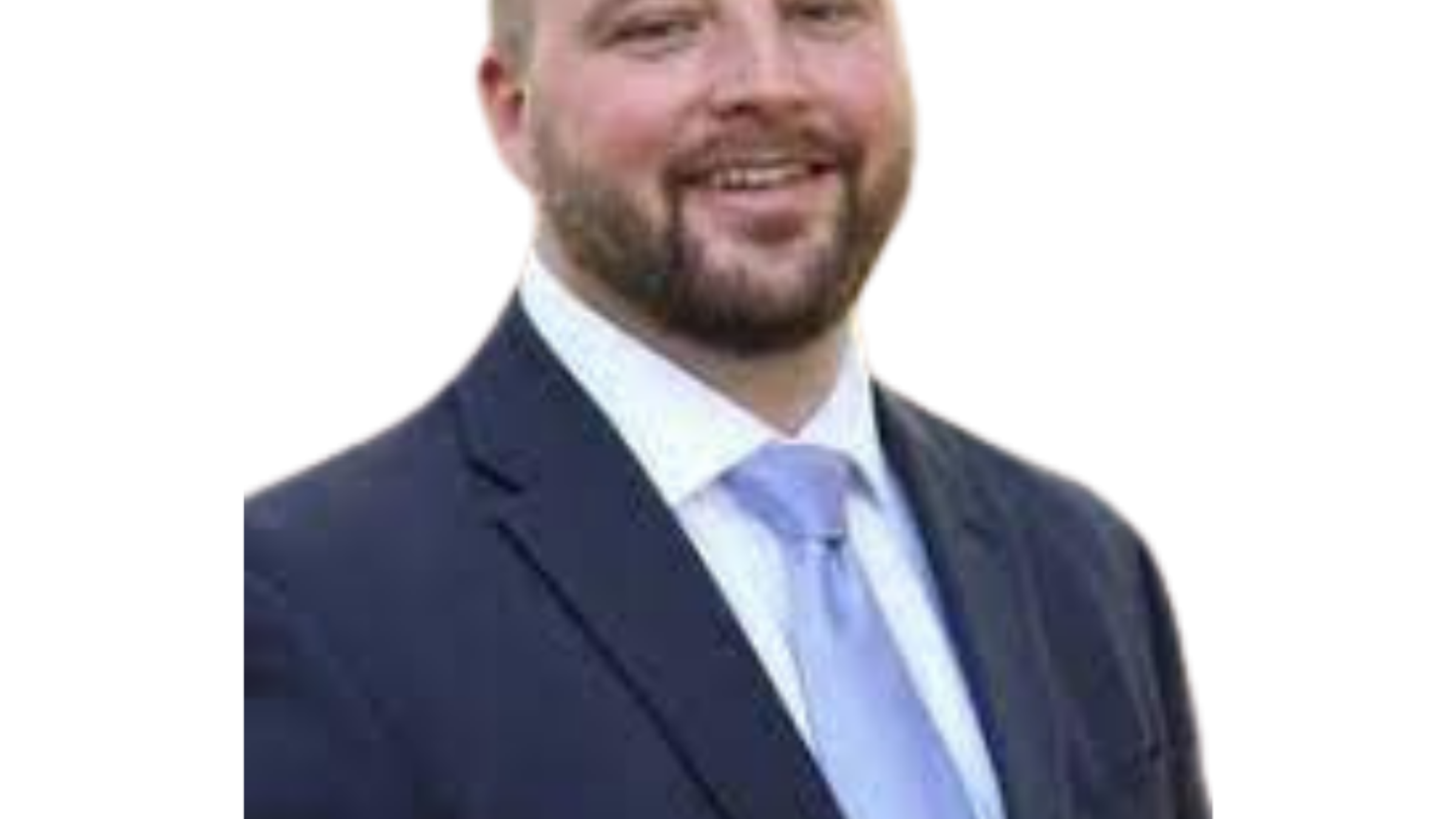Millennial Action Project hosts bipartisan discussion on financing higher education
March 6, 2019
The University of Wisconsin chapter of the Millennial Action Project hosted a “Red and Blue Dialogue” Monday night to discuss bipartisan efforts behind financing higher education. UW alumnus Steven Olikara, who founded MAP to address the “worsening partisan divide” by engaging with the millennial generation, said the only way to solve student debt is through collaboration and bipartisanship.

The University of Wisconsin chapter of the Millennial Action Project hosted a “Red and Blue Dialogue” Monday night to discuss bipartisan efforts behind financing higher education.
UW alumnus Steven Olikara, who founded MAP to address the “worsening partisan divide” by engaging with the millennial generation, said the only way to solve student debt is through collaboration and bipartisanship.
“There are a lot of solutions out there, but the one that’s most likely to make a difference in the lives of students and in college graduates are going to be the ones that are developed in a bipartisan way,” Olikara said.
Greg Offerman, an associate director with the Office of Student Financial Aid, said staffers in his office spend the majority of their time assisting students who need the most help.
But these students, many of whom are first-generation college students, don’t typically reach out because they don’t know how to navigate the higher education process, Offerman said.
Offerman said students should not have to be financial aid experts. He hopes more students will utilize the financial aid office as their experts on the matter, so that they can instead focus on academics.
Nick Hillman, an associate professor of education at UW, said he has been working closely with the Office of Financial Aid to use data in assisting students with paying for college. Hillman recently helped develop Bucky’s Tuition Promise, a program that guarantees grants and scholarships for students whose household adjusted gross income is $58,000 or less.
Rep. Amanda Stuck, D-Appleton, who is a member of MAP’s “Democracy Reform Task Force,” said she believes it is possible for bipartisan collaboration on financing higher education because there has already been so much agreement.
“The biggest thing about this issue is that we all can agree it’s an issue … that it’s something worth looking at,” Stuck said.
Rep. Tyler Vorpagel, R-Plymouth, said the legislature has become even more collaborative in recent years because of the growing number of young representatives.
Having young people involved in the lawmaking process is important for issues like financing higher education because representatives often draw on personal experiences, Vorpagel said.
“The question for us became how is this next generation going to govern our country, can we transcend some of the old partisan fault lines on the challenges facing our generation,” Olikara said.
MAP treasurer and UW junior Molly Doerrer said MAP’s main focus is “dialogue, not debate,” and that they aim to foster discussions on issues like financing higher education to design effective policy approaches.
Doerrer said she joined the club after taking Economics 101 and realizing there was much about fiscal policy she did not know.
“That caused me to dedicate my education to becoming informed and really understanding the crux of the problem between the Republicans and the Democrats and how my ignorance is a barrier to my success as a politician,” Doerrer said.
Hillman said he is hopeful for the future of higher education financing in Wisconsin, citing tuition caps as a topic with considerable bipartisan support.
If Wisconsin can develop effective policies, there is a chance it will influence other states to do the same, Hillman said.
“What we do here, other states will watch to see, ‘Hey how’s Wisconsin doing? Maybe we can follow their lead,’” Hillman said.
Millennial Action Project hosts bipartisan discussion on financing higher education
The University of Wisconsin chapter of the Millennial Action Project hosted a “Red and Blue Dialogue” Monday night to discuss bipartisan efforts behind financing higher education. UW alumnus Steven Olikara, who founded MAP to address the “worsening partisan divide” by engaging with the millennial generation, said the only way to solve student debt is through collaboration and bipartisanship.






Join 1,900+ BIPARTISAN LEADERS NATIONWIDE
Be a part of a network of lawmakers committed to governing effectively, passing more representative public policy, and increasing public trust in democracy.